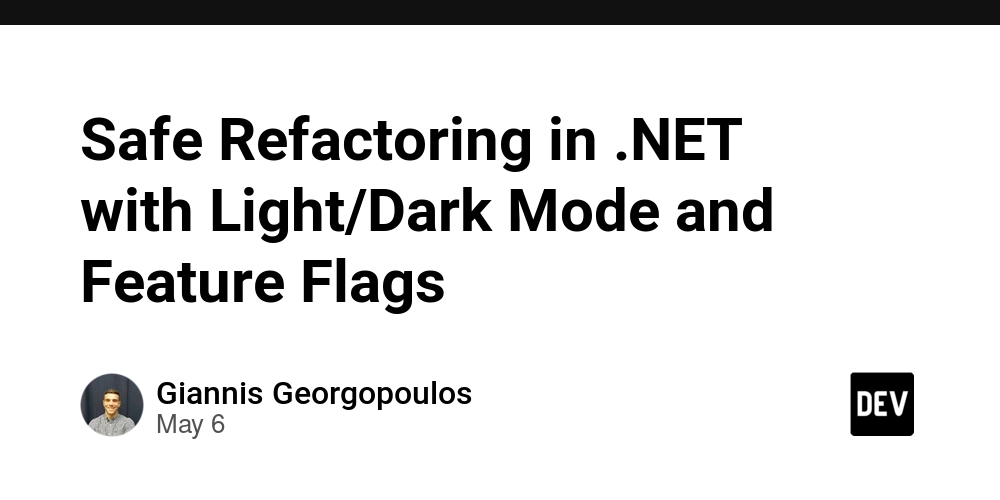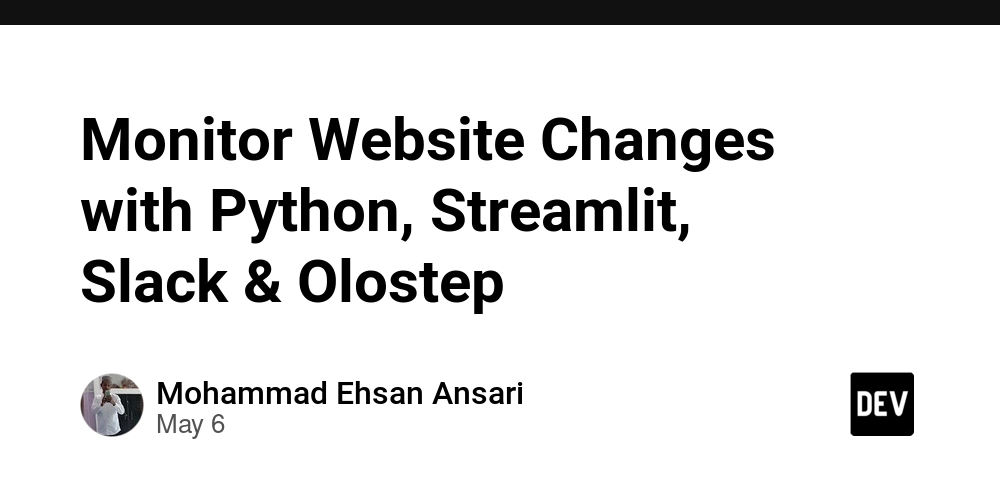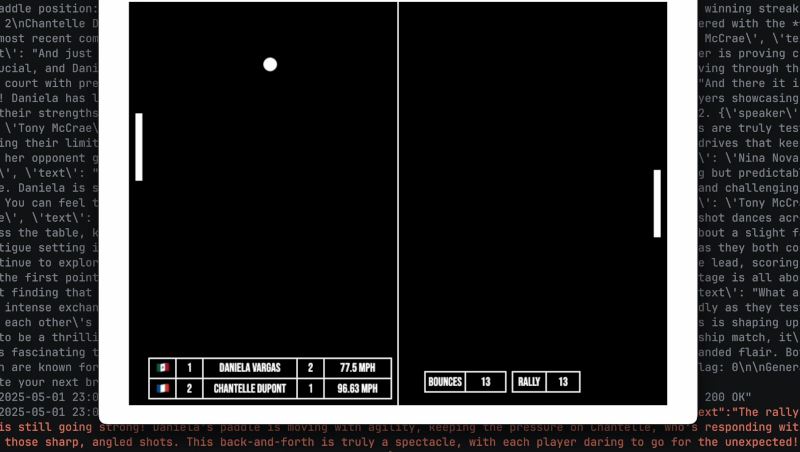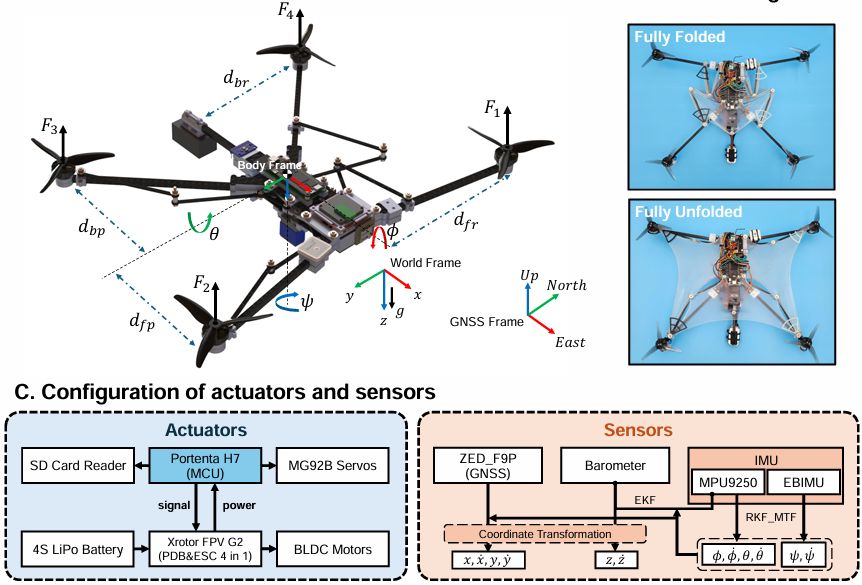Does MSVC's Warning About Hiding Declarations in C++ Code Make Sense?
Understanding C++ Declaration Hiding and Compiler Warnings When writing C++ code, you might encounter a scenario where compiler warnings alert you to potential issues within your code. A common warning, specifically warning C4456 in Microsoft Visual C++ (MSVC), indicates that a variable declaration hides a previous local declaration. But is this warning accurate? Let’s examine the code snippet in question and see how it behaves across different compilers, particularly comparing MSVC with GCC and Clang. The Problematic Code Snippet Consider the following C++ code: int m = 0; if(int i = m) // ... else if (int i = m) // warning C4456: declaration of 'i' hides previous local declaration // ... In this example, a variable i is declared within both the if and else if statements. The second declaration of i in the else if clause is hiding the first one, which leads MSVC to generate warning C4456. This raises the question: is MSVC's warning correct? Analysis of Declaration Hiding in C++ Why Does Declaration Hiding Occur? In C++, scope plays a pivotal role in variable visibility and lifetime. When a variable is declared within a block (inside curly braces), it is only accessible within that block. In this case, i is declared in both the if and else if blocks, but since they are mutually exclusive branches, the second declaration hides the previous one. The scenario is valid in terms of C++ code structure. However, MSVC alerts you via warning C4456 as it identifies potential confusion when a later declaration hides an earlier one within the same scope. Behavior Across Compilers To better understand the compiler's behavior, we can compare how MSVC, GCC, and Clang deal with this situation. The common expectation is that all compilers should generate the same warnings for similar code constructs. MSVC (Visual Studio 2022) MSVC issues warning C4456 indicating that the declaration of i in the else if hides the declaration in the if. This warning promotes awareness about variable shadows, where a later declaration may accidentally overshadow an earlier one. GCC (GNU Compiler Collection) In contrast, GCC does not generate a warning in this scenario. It allows the redeclaration of i without issue, treating it as intended for the specific block where it is declared. This behavior can lead to potential confusion, as it permits variable shadowing without alerting developers to it. Clang Clang also typically behaves similarly to GCC in this case, not providing warnings for redeclarations within the same conditional flow. While both compilers support variable scopes, their design choices do not always align with MSVC. Should You Worry About Such Warnings? When developing C++ applications, being aware of such warnings is essential as they signal potential code quality and readability issues. Hiding declarations can lead to maintenance challenges, especially in larger codebases. To improve code clarity: Avoid Hiding Declarations: Use distinctly named variables. You could rename i to something more specific, improving readability. Use Descriptive Conditionals: It’s a good practice to refactor complex conditions into separate methods or use descriptive conditional checks, increasing code maintainability. Follow Code Conventions: Adhere to your project's coding conventions, which may provide guidelines on variable scopes and declarations. Step-by-Step Solution If you prefer a code snippet that aligns with better practices without triggering warnings, consider this refactored version: int m = 0; if (int i1 = m) // renamed to avoid hiding // ... do something with i1 else if (int i2 = m) // renamed to avoid hiding // ... do something else with i2 This way, you maintain clarity in your code and prevent any potential confusion about which i you are referring to in each conditional block. Frequently Asked Questions What is variable hiding in C++? Variable hiding occurs when a new variable declared in a block overshadows or hides an already existing variable with the same name in an outer scope. This can lead to unexpected behavior or programming errors, especially if the developer is not aware of it. Why does MSVC warn about hidden declarations while GCC and Clang do not? The differences arise from individual compiler design choices. MSVC prioritizes warnings about potential ambiguity and maintainability issues, whereas GCC and Clang may allow such patterns with no warnings, focusing more on code flexibility. How can I prevent warnings like C4456? To prevent warnings about hidden declarations, always use unique names for variables where possible and make use of descriptive variable naming conventions. This enhances code readability and minimizes errors. Is it a best practice to ignore compiler warnings? Ignoring compiler warnings is generally discouraged as they often surface potential issues in code quality or logic errors. Always strive to understand and address the underlying cause

Understanding C++ Declaration Hiding and Compiler Warnings
When writing C++ code, you might encounter a scenario where compiler warnings alert you to potential issues within your code. A common warning, specifically warning C4456 in Microsoft Visual C++ (MSVC), indicates that a variable declaration hides a previous local declaration. But is this warning accurate? Let’s examine the code snippet in question and see how it behaves across different compilers, particularly comparing MSVC with GCC and Clang.
The Problematic Code Snippet
Consider the following C++ code:
int m = 0;
if(int i = m)
// ...
else if (int i = m) // warning C4456: declaration of 'i' hides previous local declaration
// ...
In this example, a variable i is declared within both the if and else if statements. The second declaration of i in the else if clause is hiding the first one, which leads MSVC to generate warning C4456. This raises the question: is MSVC's warning correct?
Analysis of Declaration Hiding in C++
Why Does Declaration Hiding Occur?
In C++, scope plays a pivotal role in variable visibility and lifetime. When a variable is declared within a block (inside curly braces), it is only accessible within that block. In this case, i is declared in both the if and else if blocks, but since they are mutually exclusive branches, the second declaration hides the previous one.
The scenario is valid in terms of C++ code structure. However, MSVC alerts you via warning C4456 as it identifies potential confusion when a later declaration hides an earlier one within the same scope.
Behavior Across Compilers
To better understand the compiler's behavior, we can compare how MSVC, GCC, and Clang deal with this situation. The common expectation is that all compilers should generate the same warnings for similar code constructs.
MSVC (Visual Studio 2022)
MSVC issues warning C4456 indicating that the declaration of i in the else if hides the declaration in the if. This warning promotes awareness about variable shadows, where a later declaration may accidentally overshadow an earlier one.
GCC (GNU Compiler Collection)
In contrast, GCC does not generate a warning in this scenario. It allows the redeclaration of i without issue, treating it as intended for the specific block where it is declared. This behavior can lead to potential confusion, as it permits variable shadowing without alerting developers to it.
Clang
Clang also typically behaves similarly to GCC in this case, not providing warnings for redeclarations within the same conditional flow. While both compilers support variable scopes, their design choices do not always align with MSVC.
Should You Worry About Such Warnings?
When developing C++ applications, being aware of such warnings is essential as they signal potential code quality and readability issues. Hiding declarations can lead to maintenance challenges, especially in larger codebases. To improve code clarity:
-
Avoid Hiding Declarations: Use distinctly named variables. You could rename
ito something more specific, improving readability. - Use Descriptive Conditionals: It’s a good practice to refactor complex conditions into separate methods or use descriptive conditional checks, increasing code maintainability.
- Follow Code Conventions: Adhere to your project's coding conventions, which may provide guidelines on variable scopes and declarations.
Step-by-Step Solution
If you prefer a code snippet that aligns with better practices without triggering warnings, consider this refactored version:
int m = 0;
if (int i1 = m) // renamed to avoid hiding
// ... do something with i1
else if (int i2 = m) // renamed to avoid hiding
// ... do something else with i2
This way, you maintain clarity in your code and prevent any potential confusion about which i you are referring to in each conditional block.
Frequently Asked Questions
What is variable hiding in C++?
Variable hiding occurs when a new variable declared in a block overshadows or hides an already existing variable with the same name in an outer scope. This can lead to unexpected behavior or programming errors, especially if the developer is not aware of it.
Why does MSVC warn about hidden declarations while GCC and Clang do not?
The differences arise from individual compiler design choices. MSVC prioritizes warnings about potential ambiguity and maintainability issues, whereas GCC and Clang may allow such patterns with no warnings, focusing more on code flexibility.
How can I prevent warnings like C4456?
To prevent warnings about hidden declarations, always use unique names for variables where possible and make use of descriptive variable naming conventions. This enhances code readability and minimizes errors.
Is it a best practice to ignore compiler warnings?
Ignoring compiler warnings is generally discouraged as they often surface potential issues in code quality or logic errors. Always strive to understand and address the underlying cause of the warning for better code health.
Conclusion
In conclusion, understanding compiler warnings, like MSVC warning C4456, is crucial for writing clear and maintainable C++ code. By refining your code to avoid declaration hiding, you can improve readability, reduce ambiguity, and foster better collaboration among developers working on the same project. While different compilers may exhibit varying behaviors, adhering to best practices in coding will always lead to more robust solutions.








































































































































































![[The AI Show Episode 146]: Rise of “AI-First” Companies, AI Job Disruption, GPT-4o Update Gets Rolled Back, How Big Consulting Firms Use AI, and Meta AI App](https://www.marketingaiinstitute.com/hubfs/ep%20146%20cover.png)
















































































































































































.jpg?width=1920&height=1920&fit=bounds&quality=70&format=jpg&auto=webp#)




















































































_Brian_Jackson_Alamy.jpg?width=1280&auto=webp&quality=80&disable=upscale#)

_Steven_Jones_Alamy.jpg?width=1280&auto=webp&quality=80&disable=upscale#)


 Stolen 884,000 Credit Card Details on 13 Million Clicks from Users Worldwide.webp?#)












































































































![Apple Watch Shipments Declined 19% Year-over-Year in 2024 [Report]](https://www.iclarified.com/images/news/97229/97229/97229-640.jpg)

![Google Mocks Rumored 'iPhone 17 Air' Design in New Pixel Ad [Video]](https://www.iclarified.com/images/news/97224/97224/97224-640.jpg)


































































































